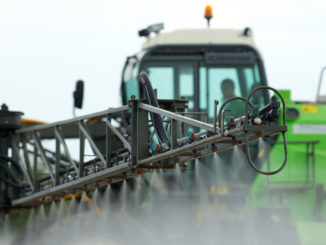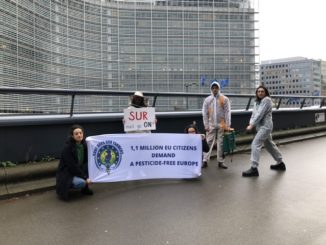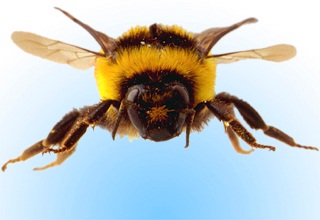“A high acute risk to honey bees was identified from exposure…” EFSA report
Following years of population decline and concern, the plight of bees seems to be, finally, being taken seriously by European authorities. A two year ban on the use of neonicotinoid pesticides on crops attractive to honeybees was proposed by the EU Commission in January.

A report by the European Food Safety Authority (EFSA) identified a high risk to bees from three specific neonicitonoid insecticides:
The European Commission had made an amended request for these three specific pesticides to be studied in detail by the EFSA.
Major shortcomings in the available literature and regulatory processes were highlighted by the EFSA, as well as specific “critical risks”. “A high acute risk to honey bees was identified from exposure via dust drift for the authorised uses in cereals, cotton, oilseed rape (except for uses with the lowest application rate authorised in the EU), maize, and sunflowers (except for uses with the lowest application rate authorised in the EU). A high acute risk was also identified for exposure via guttation fluid for the authorised uses in maize” the EFSA conclusion on Thiamethoxam states on page 45. Similar concerns were listed for both Imidacloprid and Clothianidin.
Bees are essential pollinators for European crops. However their population has drastically declined in recent years.
This two year ban, if approved, will come into effect from July 1st. It will only be for crops attractive to honeybees, such as oilseed rape, sunflowers and maize. Crops such as sugar beet, potatoes and winter cereals are not conisdered attractive to honeybees, so the ban will not effect the use of neonicotonoids on these crops.
The ban as proposed is in keeping with the precautionary principle, as enshrined in the EU Treaty and in Regulation 1107/2009.
This regulation deals with what are termed “plant protection products” (i.e. pesticides, herbicides and insecticides), where considerable environmental or health risks might appear. According to the Regulation, any approved plant protection substances should “have no unacceptable acute or chronic effects on colony survival and development”.
Environmental and organic farming organisations such as the Soil Association “welcomed” the EFSA report, though expressed concern that the UK was one of only 4 EU Member States likely to vote to retain use of the three neonicitonoids.
Companies who supply neonicotinoid pesticides have been campaigning against a ban.
Mike Bushell, Principal Scientific Advisor at Syngenta said last month that the EFSA study “focused on highly theoretical risks to bees.” A Bayer news release called the move “disappointing” and “draconian”. A Bayer and Syngenta funded report also points to economic costs and land use changes in ending neonicotinoid use. It estimates that over 5 years the cost to the industry could amount to €17 billion and put 50,000 jobs at risk, according to Cap2020.
Individual home and garden suppliers in the UK have already started to withdraw neonicitonoids.
If passed these insecticides will be selectively banned for two years. France, Germany and Slovenia have already banned some neonicitonoids.
A final vote is expected on 14 – 15 March by a committee of experts representing all EU nations.






Nothing more to say but ban, ban, ban. We can’t continue for the cause of ccd until this stuff is gone.